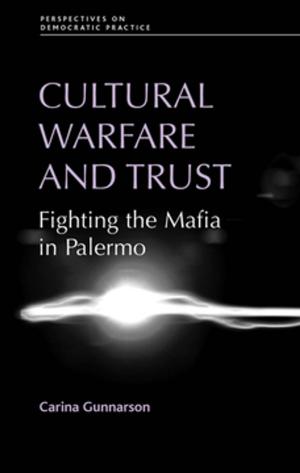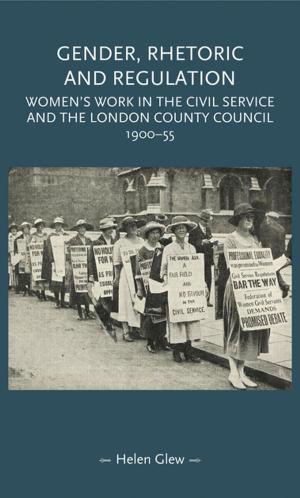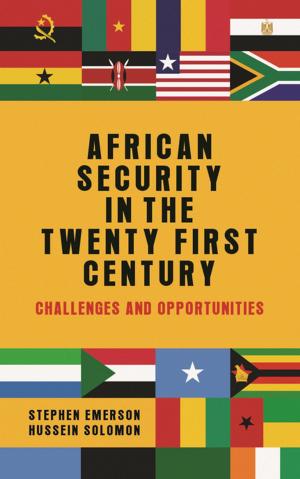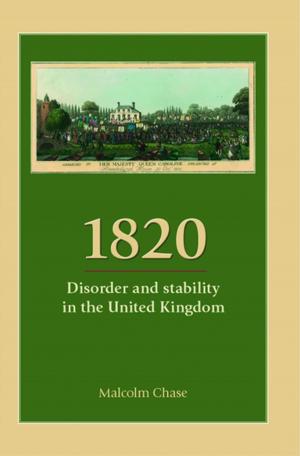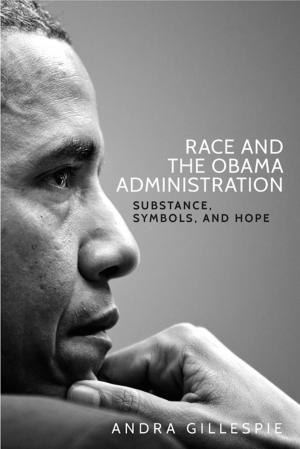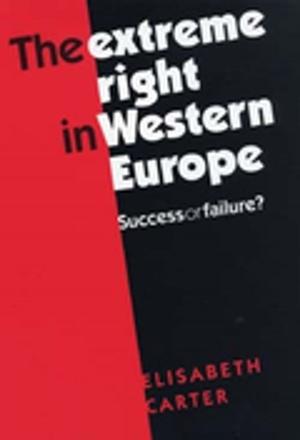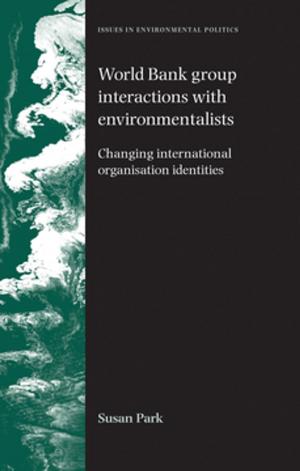| Author: | Bill Marshall | ISBN: | 9781847795335 |
| Publisher: | Manchester University Press | Publication: | July 19, 2013 |
| Imprint: | Manchester University Press | Language: | English |
| Author: | Bill Marshall |
| ISBN: | 9781847795335 |
| Publisher: | Manchester University Press |
| Publication: | July 19, 2013 |
| Imprint: | Manchester University Press |
| Language: | English |
This is the first full-length monograph in English about one of France's most important contemporary filmmakers, perhaps best known in the English speaking world for his award winning Les Roseaux sauvages/Wild Reeds of 1994. This study locates André Téchiné within historical and cultural contexts that include the Algerian war, May 1968 and contemporary globalisation, and the influence of Roland Barthes, Bertolt Brecht, Ingmar Bergman, William Faulkner and the cinematic French wave. The originality of Téchiné's sixteen feature films lies in his subtle exploration of sexuality and national identity, as he challenges expectations in his depictions of gay relations, the North African dimensions of contemporary French culture, and the centre-periphery relationship between Paris and his native southwest. The book will be of interest to researchers and postgraduates working on French cinema, undergraduates studying Téchiné on their film courses, and all those with a general interest in cinema, contemporary France, and lesbian and gay issues.
This is the first full-length monograph in English about one of France's most important contemporary filmmakers, perhaps best known in the English speaking world for his award winning Les Roseaux sauvages/Wild Reeds of 1994. This study locates André Téchiné within historical and cultural contexts that include the Algerian war, May 1968 and contemporary globalisation, and the influence of Roland Barthes, Bertolt Brecht, Ingmar Bergman, William Faulkner and the cinematic French wave. The originality of Téchiné's sixteen feature films lies in his subtle exploration of sexuality and national identity, as he challenges expectations in his depictions of gay relations, the North African dimensions of contemporary French culture, and the centre-periphery relationship between Paris and his native southwest. The book will be of interest to researchers and postgraduates working on French cinema, undergraduates studying Téchiné on their film courses, and all those with a general interest in cinema, contemporary France, and lesbian and gay issues.
